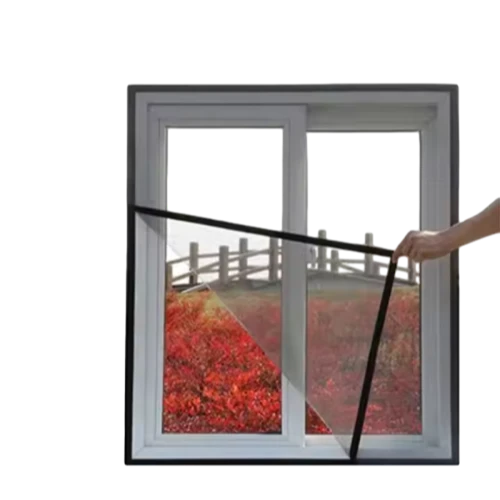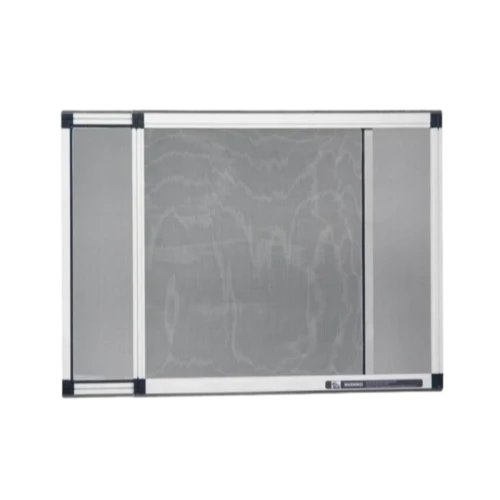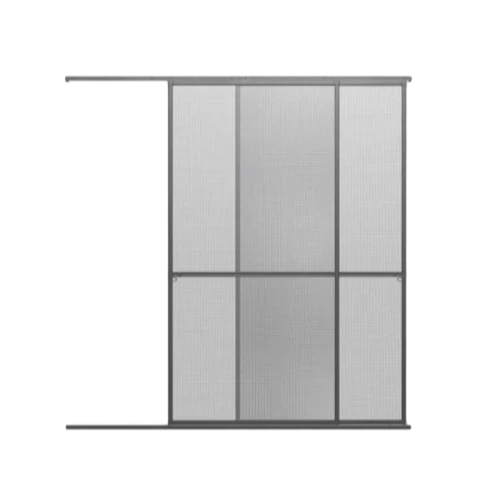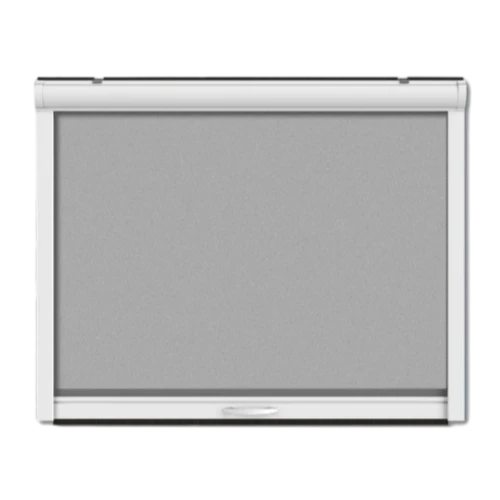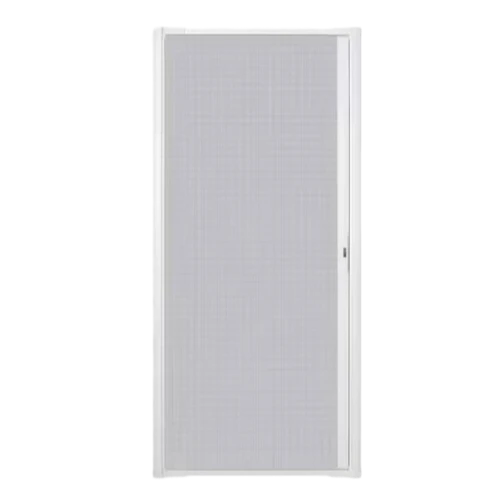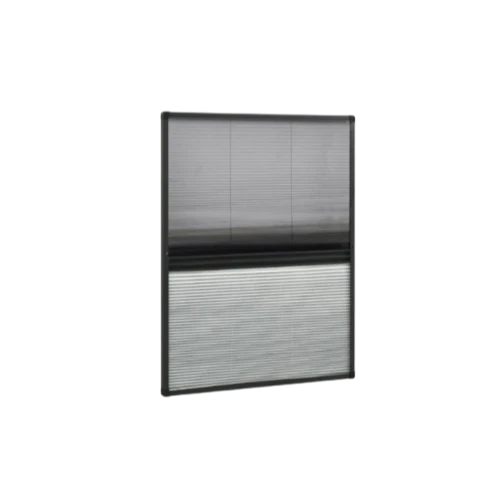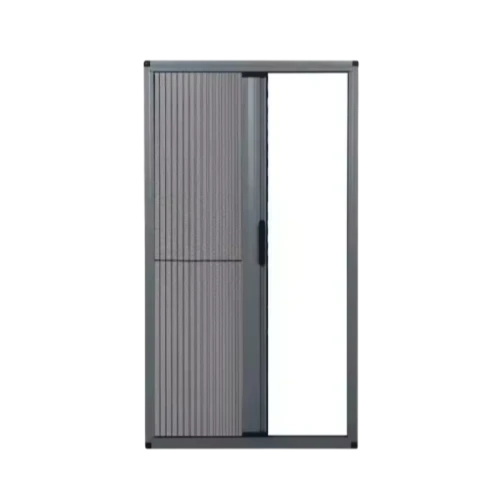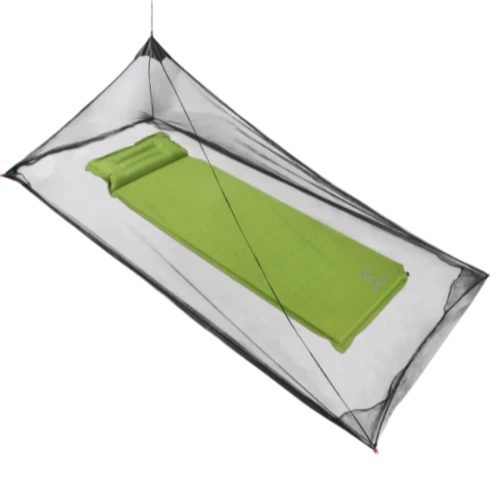Feb . 10, 2025 21:05 Back to list
Sliding Screen Door
When selecting a screen door closer for your home or business, understanding the various types available can significantly enhance user experience, assure quality, and secure your investment. The choice you make impacts everyday functions, ensuring doors close smoothly and efficiently while providing security and energy savings.
When choosing the right screen door closer, it is crucial to consider factors such as the door's weight and frequency of use. Heavier doors necessitate stronger mechanisms, often found in hydraulic closers, while lightweight doors can function with simpler solutions like spring-loaded or pneumatic closers. Additionally, consider the climate of your location; pneumatic closers may be affected by extreme temperatures, while hydraulic closers are less susceptible to weather variances. Moreover, the decision should align with professional installation versus DIY preferences. While some screen door closers are suitable for self-installation, others, particularly concealed options, may require professional expertise to ensure optimal functionality and performance. This step not only guarantees that the closer is installed correctly but also enhances trustworthiness and reliability over the product's lifespan. Viewed through the lens of professional expertise and authority, the installation of a door closer can also impact energy efficiency and safety standards. Properly installed door closers minimize air leakage, helping in maintaining internal climate conditions and reducing energy bills. Furthermore, they enhance security by ensuring that doors are correctly latched when closed, deterring unauthorized access. To ensure maximum trustworthiness, it is advisable to choose screen door closers from reputable manufacturers known for quality and compliance with industry standards. Reading reviews, seeking expert advice, and evaluating warranty options can further assure that the choice meets long-term needs without frequent replacements or repairs. Selecting the right screen door closer type demands a balance of practical need, aesthetic preference, and industry-proven performance standards. Whether opting for pneumatic, hydraulic, concealed, or spring-loaded closers, each choice should be backed by an understanding of its operation, benefits, and implications on daily operations and security. By doing so, you not only improve functionality but also foster a secure, durable, and aesthetically pleasing environment.
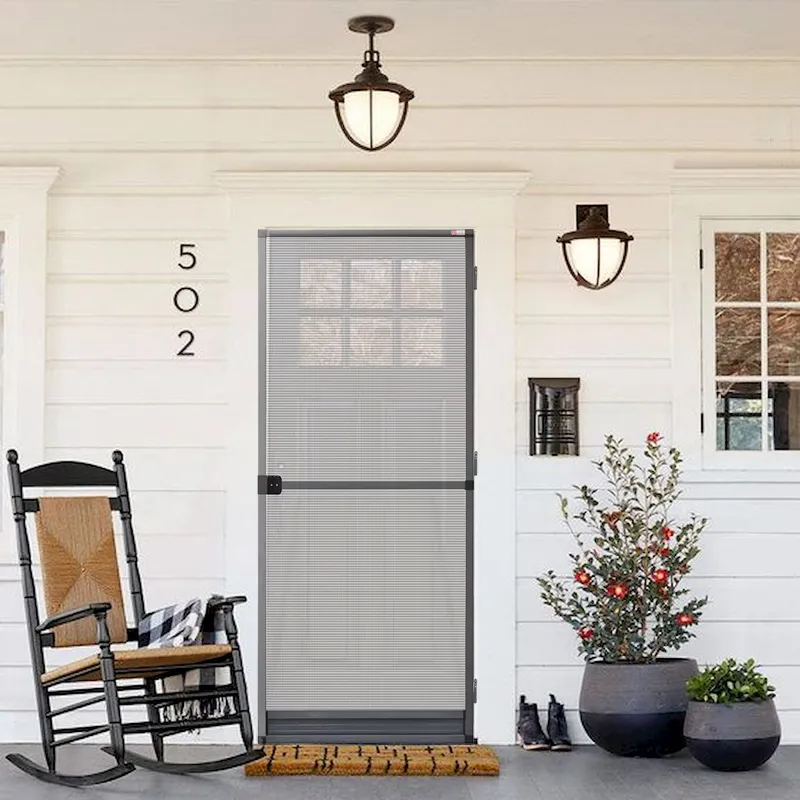
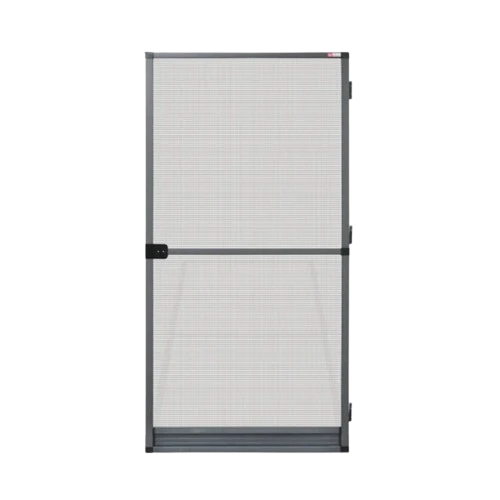
When choosing the right screen door closer, it is crucial to consider factors such as the door's weight and frequency of use. Heavier doors necessitate stronger mechanisms, often found in hydraulic closers, while lightweight doors can function with simpler solutions like spring-loaded or pneumatic closers. Additionally, consider the climate of your location; pneumatic closers may be affected by extreme temperatures, while hydraulic closers are less susceptible to weather variances. Moreover, the decision should align with professional installation versus DIY preferences. While some screen door closers are suitable for self-installation, others, particularly concealed options, may require professional expertise to ensure optimal functionality and performance. This step not only guarantees that the closer is installed correctly but also enhances trustworthiness and reliability over the product's lifespan. Viewed through the lens of professional expertise and authority, the installation of a door closer can also impact energy efficiency and safety standards. Properly installed door closers minimize air leakage, helping in maintaining internal climate conditions and reducing energy bills. Furthermore, they enhance security by ensuring that doors are correctly latched when closed, deterring unauthorized access. To ensure maximum trustworthiness, it is advisable to choose screen door closers from reputable manufacturers known for quality and compliance with industry standards. Reading reviews, seeking expert advice, and evaluating warranty options can further assure that the choice meets long-term needs without frequent replacements or repairs. Selecting the right screen door closer type demands a balance of practical need, aesthetic preference, and industry-proven performance standards. Whether opting for pneumatic, hydraulic, concealed, or spring-loaded closers, each choice should be backed by an understanding of its operation, benefits, and implications on daily operations and security. By doing so, you not only improve functionality but also foster a secure, durable, and aesthetically pleasing environment.
Products
Latest news
-
Unveiling the Allure and Practicality of Classic Mosquito Nets
NewsJul.04,2025 -
Unraveling the World of Mosquito Nets: Varieties, Costs, and Production
NewsJul.04,2025 -
Redefining Protection and Style: The World of Mosquito Nets
NewsJul.04,2025 -
Enhancing Sleep and Style with Contemporary Mosquito Nets
NewsJul.04,2025 -
Diverse Solutions in Mosquito Netting: Sizes, Varieties, and Flexibility
NewsJul.04,2025 -
Deciphering Mosquito Nets: Significance, Varieties, and Applications
NewsJul.04,2025 -
Transforming Bedrooms into Mosquito - Free Havens
NewsJul.01,2025


